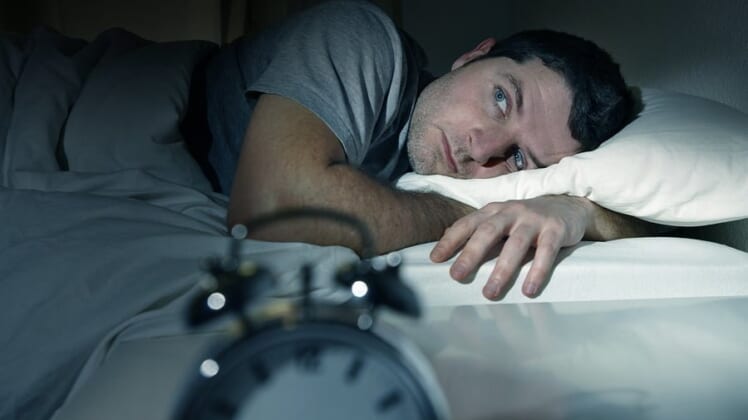Sleep: How Much Is Enough?

When was the last time you had a good night of sleep? If those nights are seemingly a distant memory, you are likely one of the majority. Given all the daily responsibilities every one of us has, the truth is that it can be difficult to find the time to get an adequate amount of sleep. Fortunately, if you’re wondering just how much time is the ideal amount, a panel of 18 experts recently provided age specific guidelines.
The panel, brought together by the National Sleep Foundation, recently examined 320 different sleep studies of healthy subjects. These prior studies looked at sleep duration and the health effects that too much or too little sleep had on participants of varying ages.
Recommended Hours of Nightly Sleep
So how much is the ideal amount of nightly sleep? It depends on how old you are. Newborns up to the age of three months came away with the highest numbers, as experts determined that 14 to 17 hours was the ideal amount of sleep they should enjoy each day. Infants between 4 and 11 months clocked in at just a little less than that with 12 to 15 hours. Continuing the descent was toddlers between one and two years of age whose ideal amount of sleep is 11 to 14 hours, while preschoolers saw their time reduced to 10 to 13 hours. Children between the ages of 6 and 13 initiated the trend to single digit sleep recommended hours. The preteens saw their ideal nightly sleep hours shrink to 9 to 11. Teenagers’ ideal length of sleep was determined to be 8 to 10 hours, while those in the young adult category of 18 to 25 matched adults in the 26 to 64 range with a suggested amount of 7 to 9 hours per night. Researchers determined that the ideal number of hours of nightly sleep for those 65 years of age and older was 7 to 8 hours. The results were recently published in Sleep Health: Journal of the National Sleep Foundation.
Considering that the sleep-time researchers’ recommendations are that everyone should spend about one third of their life asleep, these numbers might seem a little high to the sleep deprived. But, it’s important to remember that sleep has restorative abilities that helps in everything from muscle building to brain function including overall mental clarity, learning capacity, and the enhancement of problem-solving skills.
You Might Also Like:
- Back to School: Setting Sleep Schedules
- Sleep Breakthrough For Kids
- Study Advises Sleeping In to Improve Sports Performance
